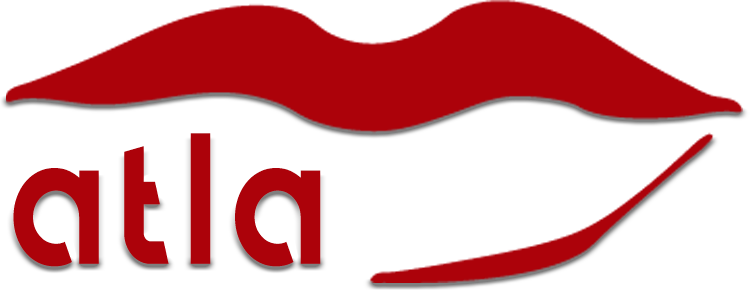This Code of Practice covers ATLA’s position on handling requests from the media etc. for lipreaders to view and lipread events / conversations / CCTV video / DVD recordings etc.
It is ATLA’s policy that these requests should be refused.
ATLA is a registered charity which promotes lipreading as an essential skill for people who have become hard of hearing or deaf, and acts as a professional body for lipreading teachers ensuring that high quality standards of teaching are maintained.
We do not offer an interpreting service, nor can we offer details of people who could offer such a service.
Additional reasons include:
- The difficulties inherent in lipreading – e.g. lipreading is phonetic and, as such, a lot of words look very similar; also there is a need for context and subject clues. Accuracy cannot be guaranteed. There is no accreditation or formal test for lipreading accuracy.
- Lipreading used in this way could be used to sensationalise events and trivialise the difficulties involved in skilful lipreading.
- Evidence involving lipreading is unlikely to be accepted in a Court of Law.
- Lipreading such videos / DVDs may constitute an invasion of privacy of the person being lipread. Using listening devices (bugs) to record conversations is unlawful without a court order: lipreading duplicates this concept through an alternative medium.
Responding to requests for interpretation services
ATLA recommends that lipreading teachers who are asked to provide an interpretation service restrict any response to a simple statement that:
- They are not a trained or accredited language interpreter
- They do not offer interpretation services
We recommend that lipreading teachers who are asked to provide an interpretation service do not enter into any discussion regarding the accuracy or otherwise of lipreading as this could result in a summons to Court to explain their position.
